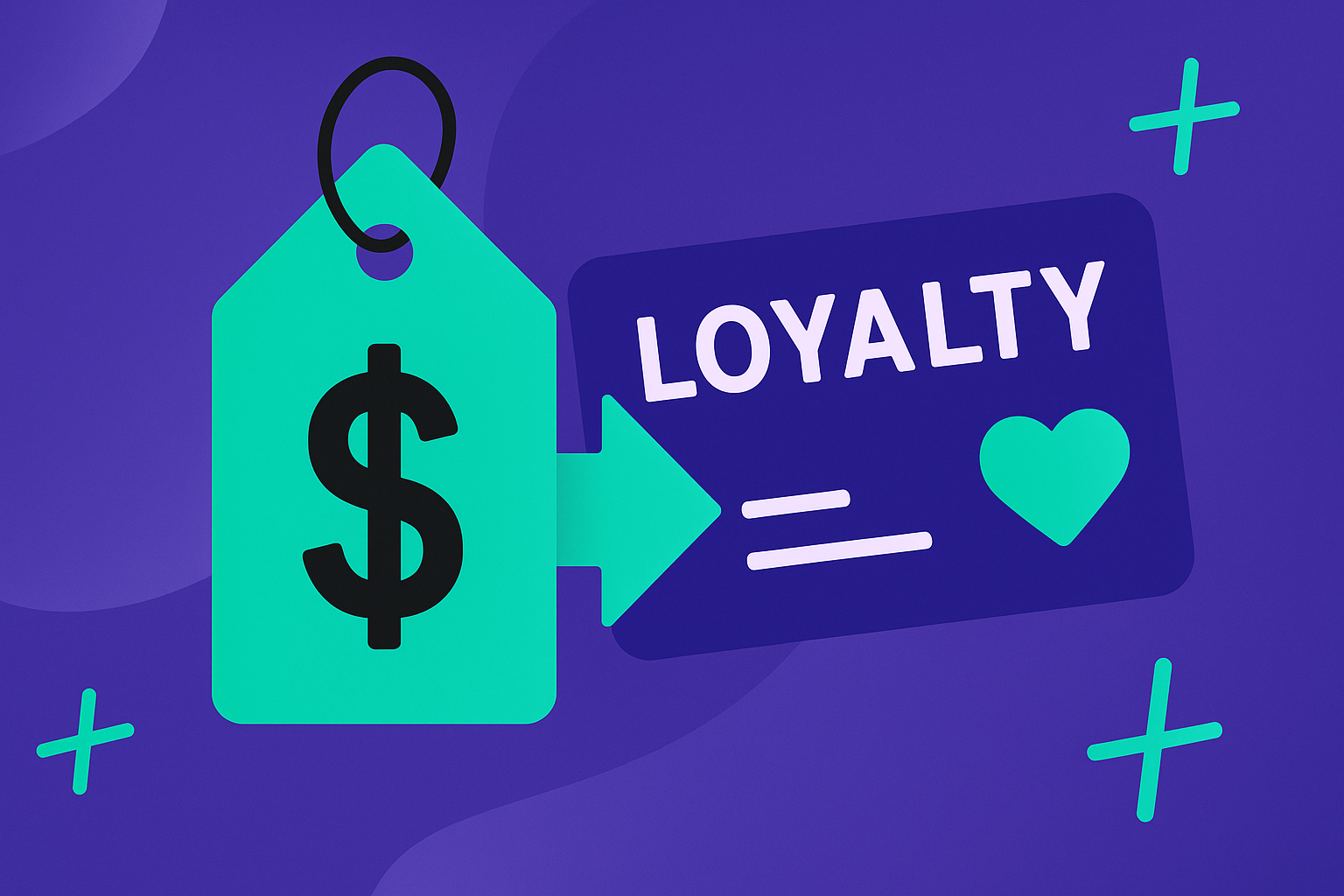Canada has robust economy and vast consumer base which offers a lucrative market for American eCommerce companies looking to accelerate their growth to a new market. Canada is the 9th largest eCommerce market and predicted to reach US$55,145.2 million in ecommerce revenue, making it a prime market opportunity for American ecommerce businesses. But doing business in Canada comes with its unique set of regulations, tax implications, and cultural nuances. On the surface, these neighbouring countries may be similar, but a deep dive will show you the many differences that exist.
Let's dive deep into how U.S. companies - small businesses and large - can smoothly transition and tap into the Canadian market.
What should you know about Canadian laws and regulations before entering the market:
1. Understand the Canadian Market
Canada is not just "America's neighbor." Its diverse population, speaking both English and French predominantly, creates a distinct market. While Toronto in Ontario might resonate with many American businesses due to its cosmopolitan nature, market size of 6.3M residents, and growing popularity (thanks to Drake), it is vastly different from other Canadian provinces, like Quebec which requires a keen understanding of the French-speaking population. Similarly, regions like British Columbia, Alberta, and Manitoba each bring unique consumer behavior shaped by local culture and natural resources. For Americans, looking to enter the Canadian market they must understand where they are most likely to find and connect with their ideal customers.
2. Set Up a Canadian Subsidiary or Branch
U.S. companies can choose between establishing a Canadian subsidiary or operating as a foreign corporation. While a subsidiary, often an LLP, is treated as a separate legal entity and limits liability, it does come with corporate tax implications. On the other hand, foreign companies operating directly can be treated as non-residents for tax purposes, provided they don't have a "permanent establishment" in Canada. While this might seem complicated, operating a business in Canada is simple. Filing requirements are detailed through the Canada Revenue Agency.
3. Navigating Tax Laws
Doing business in Canada entails understanding the tax landscape among the federal government and the provincial government - this is similar to US federal and state taxes. The Canada Revenue Agency (CRA) governs federal tax regulations, including the Goods and Services Tax (GST). Provinces like Ontario have harmonized their provincial sales tax (PST) with GST to form the Harmonized Sales Tax (HST). Quebec, meanwhile, operates its Quebec Sales Tax (QST).
While Alberta and several territories only charge GST, provinces like British Columbia, Saskatchewan, Manitoba, Quebec, and Prince Edward Island have both GST and PST/QST. U.S. eCommerce companies must be diligent in charging the right taxes, and non-resident businesses may be required to register for GST/HST under certain conditions.
4. Tax Treaty Benefits
The U.S. and Canada share a tax treaty designed to avoid double taxation, one of the many benefits of doing business between these neighbouring countries. This treaty ensures U.S. companies operating in Canada provide business owners with tax exemptions, meaning you won't be taxed twice on the same income. For instance, the withholding tax rate on dividends for non-residents of Canada might be reduced under this treaty, offering significant relief for businesses.
5. Intellectual Property & Labelling
Canada's legal system, while bearing similarities to common law jurisdictions, has unique intellectual property rights. U.S. companies must ensure their trademarks, patents, and copyrights are protected within Canadian jurisdictions.
Furthermore, bilingual (English and French) labelling is mandatory for products, especially in Quebec. Adhering to these requirements is a legal imperative and aids in connecting with the Canadian audience.
6. Real Estate, Leasing and Canadian Return Address
Whether it's for warehousing or setting up physical stores, U.S. businesses must acquaint themselves with Canadian real property laws. Each province in Canada, be it Ontario, Quebec, British Columbia, or Alberta, may have specific regulations, especially when leasing property.
A simplified way doing business in Canada from the United States is to use a marketplace like The Bay or Amazon which enables you to sell to Canadian consumers without having to setup shop in Canada. Most online marketplaces require businesses to have a Canadian business address where returns can be shipped. To circumvent this requirement, Non-Canadian businesses can partner with ReturnBear to meet these requirements. ReturnBear is a full-suite return management platform with physical return locations across Canada. Not only will ReturnBear provide you with a Canadian return address, but they will also manage all of your cross-border returns.
7. Free Trade Agreement (USMCA)
The United States-Mexico-Canada Agreement, or USMCA, replacing NAFTA, offers a set of guidelines for U.S. companies operating in Canada. From reduced trade barriers to enhanced intellectual property protections, this agreement facilitates smoother operations for American businesses.
8. Stay Updated
Canada's tax laws, especially sales tax rates, and taxable benefits undergo periodic revisions. Staying updated, particularly with CRA's guidelines, ensures compliance. Moreover, provinces like Newfoundland, New Brunswick, and Nova Scotia might have their specific nuances that businesses need to be wary of.
What are some of the benefits of US Companies doing business in Canada?
- Proximity and Familiarity: Being neighbors, the U.S. and Canada share many cultural, business, and logistical touchpoints. This geographical and cultural closeness simplifies the expansion process.
- Stable Economy: Canada's stable economy, combined with its sound banking system, makes it a secure market for investments and business expansions.
- Tech-savvy Population: With high internet penetration rates and a population that's quick to adopt digital trends, U.S. eCommerce businesses can benefit from a tech-forward Canadian audience.
- English as a Predominant Language: While Canada is bilingual (English and French), English is widely spoken, especially in the business realm. This makes communication, marketing, and operations more streamlined for U.S. businesses.
Entering the Canadian market offers vast growth potential, this is undeniable. Expanding into Canada offers US companies a chance to tap into a growing, diverse, and tech-savvy market with many similarities to their home turf, making the transition smoother and more profitable. US businesses considering doing business in Canada as a non-resident can benefit from tax credits and exemptions as a foreign company. Understanding local nuances, from Quebec's French-speaking populace to Alberta's distinct tax structure, is crucial. As with any international venture, thorough research, due diligence, and continuous learning are the keys to success in the Canadian eCommerce landscape.
ReturnBear supports the expansion of many international businesses expanding in to Canada that require a Canadian return address or cross-border returns management. Reach out to learn more about how ReturnBear can support your international expansion with fast and effective reverse logistics.













.jpg)






%20(1).jpg)







































